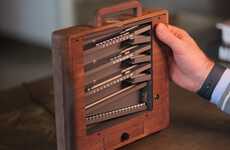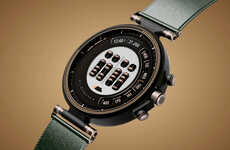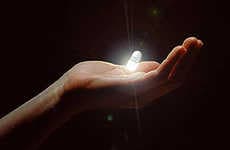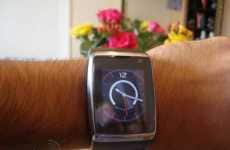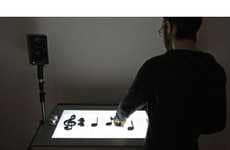
The E. Coli Clock
References: scientificcomputing
When you hear someone say their biological clock is ticking, this probably isn’t what they meant! Bioengineers at UC San Diego Jacobs School of Engineering have created a programmable clock based on E. Coli bacteria. The clock blinks at a predictable rate in response to its environmental conditions. By carefully controlling or measuring those conditions, the researchers are able to use the blinking to tell time, or even create new types of biosensors.
The researchers created the flashing clocks by carefully manipulating the genes inside the cell and actually “reading” the relationship between the genetic material, known as “mRNA”, and other proteins, as each are produced.
According to Scientificcomputing.com, “At the core of the new clock is a negative feedback loop that includes a two-minute delay between when the mRNA is made and when the functional proteins are made. On top of this is the positive feedback loop which makes the clock more regular and robust.”
That’s a fairly technical way of saying that, by measuring the surrounding conditions, they can now predict how fast the cells will blink so they can be used as a clock.
The researchers created the flashing clocks by carefully manipulating the genes inside the cell and actually “reading” the relationship between the genetic material, known as “mRNA”, and other proteins, as each are produced.
According to Scientificcomputing.com, “At the core of the new clock is a negative feedback loop that includes a two-minute delay between when the mRNA is made and when the functional proteins are made. On top of this is the positive feedback loop which makes the clock more regular and robust.”
That’s a fairly technical way of saying that, by measuring the surrounding conditions, they can now predict how fast the cells will blink so they can be used as a clock.
Trend Themes
1. Biosensor Timepieces - Opportunity for developing innovative timekeeping devices using living organisms as biological clocks.
2. Programmable Clocks - Potential for creating new types of biosensors and timekeeping devices by manipulating genes and measuring environmental conditions.
3. Genetic Manipulation - Disruptive innovation opportunity by utilizing gene manipulation to create precise and predictable biological clocks.
Industry Implications
1. Bioengineering - Bioengineers can leverage gene manipulation techniques to develop advanced biosensors and programmable clocks.
2. Biotechnology - Biotechnology companies can explore the application of genetically modified organisms in timekeeping and biosensing technologies.
3. Wearable Technology - Opportunity for wearable technology companies to integrate biological clocks into their devices for unique timekeeping functionalities.
2.8
Score
Popularity
Activity
Freshness





